TikTok Shop Launches in Japan Following its Expansion Strategy
TikTok officially launched TikTok Shop in Japan on June 30, rolling out its in-app eCommerce experience to
There isn’t a better way to raise your business profile, expand your customer base, and improve sales than using Facebook ads. So, you decided to launch a campaign to increase awareness of your brand. You began by selecting the campaign objective, budgeting funds, and establishing your Ad Campaigns on Facebook.
But how will you monitor the efficacy of your ads?
To assist you in measuring your campaigns’ effectiveness, we have come up with this blog. Embark on this journey to learn in-depth about the metrics you should keep an eye on and the tools that will assist you to analyze the performance of your Facebook Ad Campaigns.
Effective marketing requires knowledge of what drives outcomes.
Therefore, knowing the aspects that will make or break your advertising initiatives is essential. By tracking and analyzing the performance of your Facebook ad campaigns, you will be able to –
Facebook Ads Manager lets you see insights into the performance of each ad you run on Facebook. When you open the insights side pane by clicking View charts, you will get a graphical depiction of your Facebook ads’ performance. You can also see the chosen campaign, ad set, or ad information; including its Performance, Demographics, Placement, and Delivery (for reach and frequency ad sets only).
The insights include the data like:
The Ads Manager account overview page displays notifications, suggestions, and actions you can take to enhance or unblock your campaigns. It compiles crucial data and instructions for assessing and improving the performance of your campaigns. The dashboard displays:
Issues that need to be fixed immediately in your account, like rejected ads or expired payment methods.
This is a list of things you can do to improve your campaigns, like following delivery recommendations.
These are top-level campaign insights that highlight trends in your campaigns’ key performance indicators (KPIs), such as the number of ThruPlays for video watch campaigns or Page likes for interaction ads.
This is where you can learn more about Facebook strategies and talk to a dedicated Facebook Marketing Expert (limited to certain audiences).
As you get close to your Facebook page’s ad limit, a progress bar will show you how many ads are currently running. You can click “See ways to reduce your ad volume” to learn how to avoid exceeding the ad limit.
If there are any pending setup tasks for your ad account that could help your ads do better, Facebook will let you know and tell you how to finish the task here.
With Insights in Meta Business Suite (formerly called Facebook Business Suite), you can see how well your paid efforts on Facebook and Instagram are performing in one place.
For example, if your business has a Facebook Page, an Instagram business profile, and an ad account, you can look at insights for all of these things at once in the Insights section of Meta (Facebook) Business Suite. Once you get the insights of your Facebook Ads, you can use them to figure out which strategies work and how to spend your money and time on Facebook platforms in the best way.
Insights let you look at metrics, trends, and visual reports that show which strategies are effective and where you can make improvements.
You will receive the following insights about your account, platform, and post level:
Using Facebook’s scientifically rigorous experimentation technology, Experiments lets you set up tests quickly and look at the results. You can select from a number of templates that help you measure your advertising accurately and get step-by-step advice on how to improve it.
Some of the tests present in the Experiments are A/S Test, Holdout Test, Campaign budget optimization test, and Brand survey test. Depending on the test you want to create, you can:
The Experiments tool is free to use and keeps all of your test findings, including those generated in Ads Manager, in one location.
Running a lift test is a very effective technique to comprehend the incremental impact of your Facebook advertising. This is a kind of experiment where Meta compares groups of individuals who had the chance to see your Facebook ads with those who did not; in order to determine its causal influence on certain business goals, such as brand awareness or conversion.
Your holdout group consists of persons who fall inside your target market but are purposefully excluded from viewing your advertisements (also referred to as the control group).
Lift is effective because it can show you how your Facebook ads perform on their own; apart from your other marketing efforts. A test will include a lift percentage that is specific to your chosen business goals, a confidence percentage (or power calculation) that shows the causality of your test, and other information about the results of your test.
Randomization into test and holdout groups is a part of the methods Meta uses; they are meant to make it easier to figure out which sales were directly caused by your Facebook ads.
Although you must check all the measuring metrics, some important ones essentially need to be checked to measure the effectiveness of your Facebook Ad campaigns.
The Facebook ad impression metric “shows the number of times your advertisements were shown to your audience. The more impressions your advertisement gets, the greater your brand recognition.
The number of individuals who have seen your ads at least once. You may get confused between Impressions and Reach. Reach refers to the overall number of people who saw your ad, whereas impressions refer to the total number of times your ad was seen.
ROAS (Return on Ad Spend) is the income generated for every dollar spent on advertising. ROAS is one of the most informative indicators for determining the performance of a Facebook Ads campaign. You can measure ROAS directly inside Facebook Ads if you’re running an eCommerce campaign and tracking sales with the Facebook Pixel. For other campaigns, you will need to compute this depending on the conversion value of each obtained result.
You can calculate ROAS using the formula ⇒ ROAS = Revenue / Ad Spending
Click-Through-Rate is the ratio between the number of clicks and impressions. This measure represents the ratio of clicks to impressions for individual advertising. In other words, the ratio between the number of times a person clicked on your ad and the number of times it was shown on Facebook.
The conversion rate is the number of people who click on an ad and purchase products from your company.
The cost to generate 1000 impressions is known as the CPM; (Cost per Mille, where Mille is a Latin word that means a thousand). CPM is a standard measurement used in online advertising. It evaluates how successful a marketing effort is in terms of cost. It’s an excellent indicator to use when comparing prices.
CPM is also useful for figuring out how the cost for your preferred placement fluctuates.
Facebook Ads operates on an auction mechanism. So, it is beneficial to understand how prices change for the location you have selected. Is your CPA rising because your target market is being cut-throat? Or is it a result of your declining conversion rate?
The cost per click, or CPC, refers to how much you spend for each click on your ad. It is one of the most often monitored metrics. You can compute CPC by finding the ratio between cost per click and the overall frequency of clicks.
CPP is an acronym for Cost Per Point. It is the key element in determining if the media acquisition was successful. CPP is proportional to the cost of purchasing one rating point or one percent of the overall traffic in a specific market or place.
Finding the ratio between the total amount spent on a given television station and the total value of GRPs yields the CPP ratio ( Gross rating points ).
While measuring your Facebook Ads’ performance might seem like a tedious task, you can easily leverage CedCommerce: Facebook & Insta App‘s Ads Analytics Section to track your ads on Facebook. The Analytics Section lets you analyze your Facebook ads by providing you with Graphs and Bar Charts.
The app lets you sell and promote your products across Meta Commerce Platforms from one location. All you need to do is to integrate your Shopify store with Facebook & Instagram Shopping app in just 4 easy steps. And that’s it!
You can launch your new campaigns with the newly introduced Ads Feature and track their performance from the Ads Analytics section. Moreover, our social media wizards are available round the clock to assist you. They will also help you in strategizing your ad campaigns.
Now that you have learned about the tools and metrics for measuring your ads, it’s time to analyze the performance of your running Facebook ad campaigns.
If you are a Shopify merchant keen to sell and promote your products across META Commerce Platforms, you can integrate your store with the Facebook & Instagram Shopping app. You can track your Facebook ads’ performance through the Ads Analytics Section of the app. Hence, providing you a single gateway to sell and promote your products and measure your ads performance on Facebook.
[mmc_cta heading=”24*7 Free Support” sub_heading=”Schedule a meeting with our Facebook Marketing Experts!” action_img=”https://cedcommerce.com/blog/wp-content/uploads/2021/10/3.png” call_link=”https://meetings.hubspot.com/digitalmarketing6?utm_source=Blog&utm_medium=Facebook%20ads&utm_campaign=JuhiSingh”]

TikTok officially launched TikTok Shop in Japan on June 30, rolling out its in-app eCommerce experience to

The TikTok Takeover: From Lip Syncs to Checkout Clicks A few years ago, TikTok was
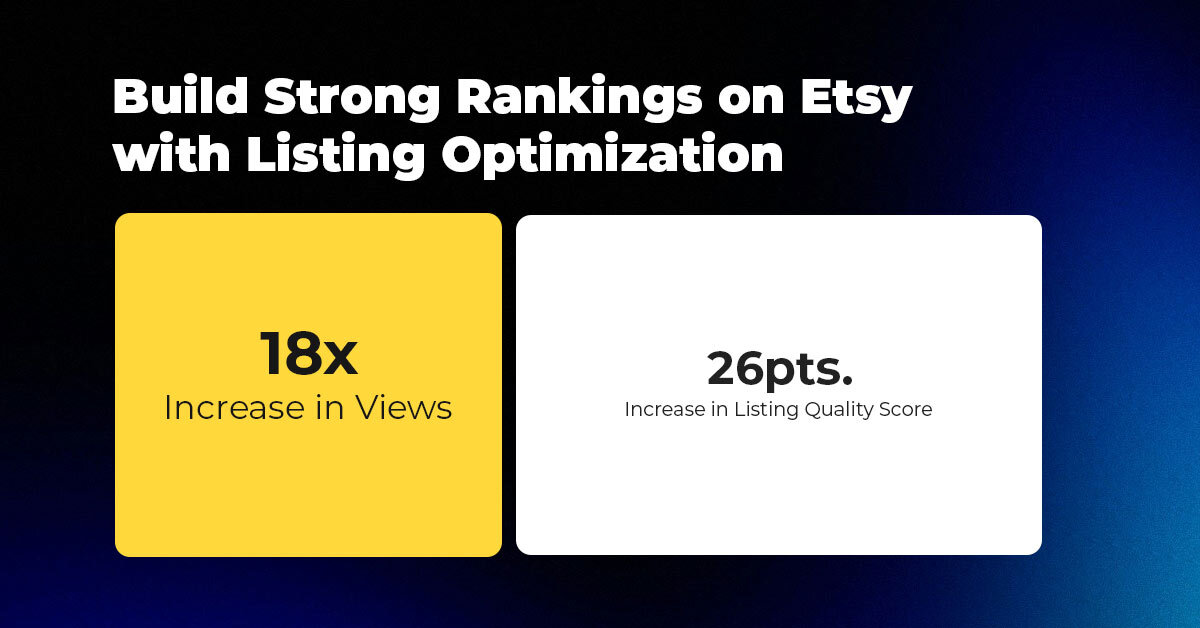
About the Client Shop Name: CrystalHealStore Marketplace: Etsy Focus: Bohemian & Ayurvedic-Inspired Fashion Location: Global
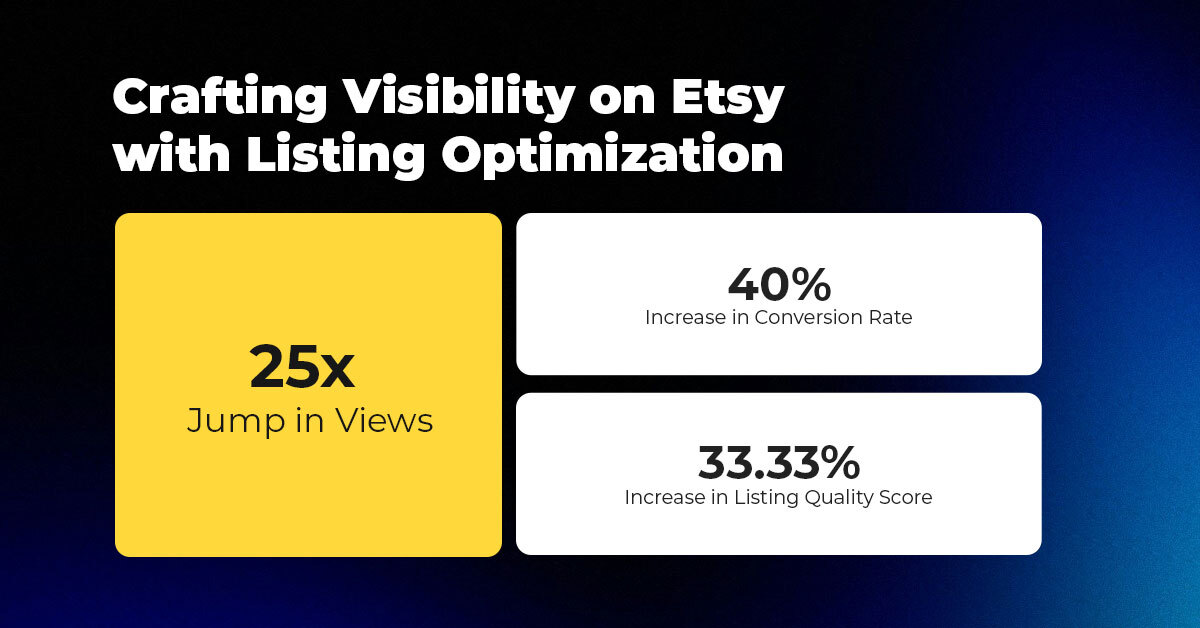
About the Client Shop Name: PinwheelCraftsStore Marketplace: Etsy Focus: DIY Craft Kits for Kids Location:
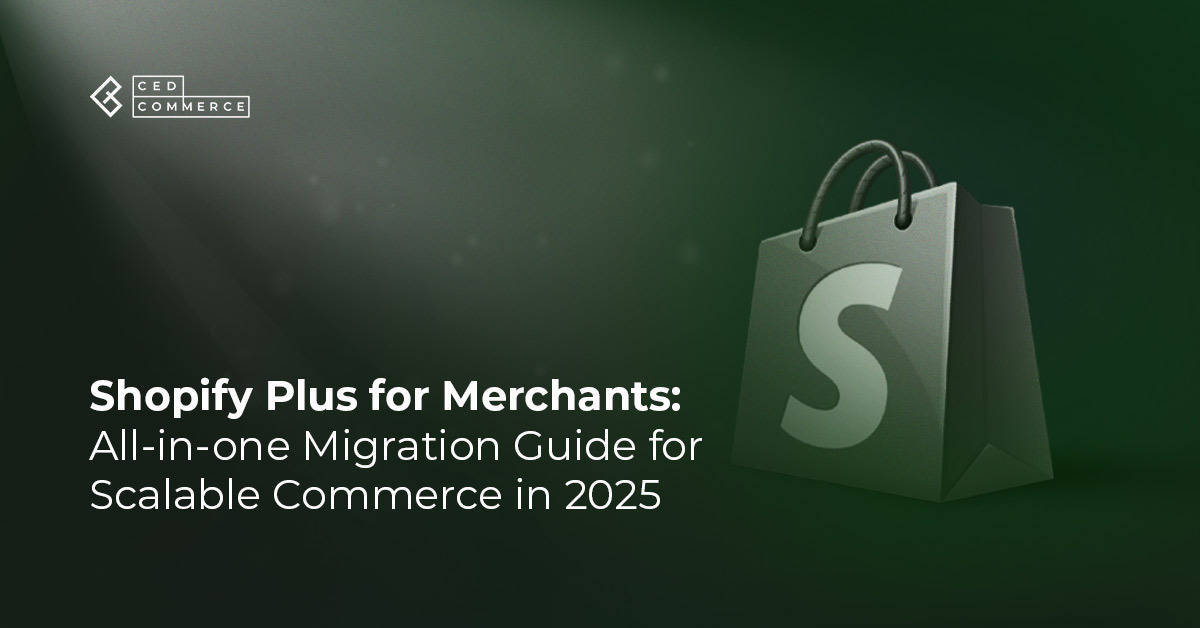
It just took one Black Friday crash for Gymshark to realize their growth had outpaced
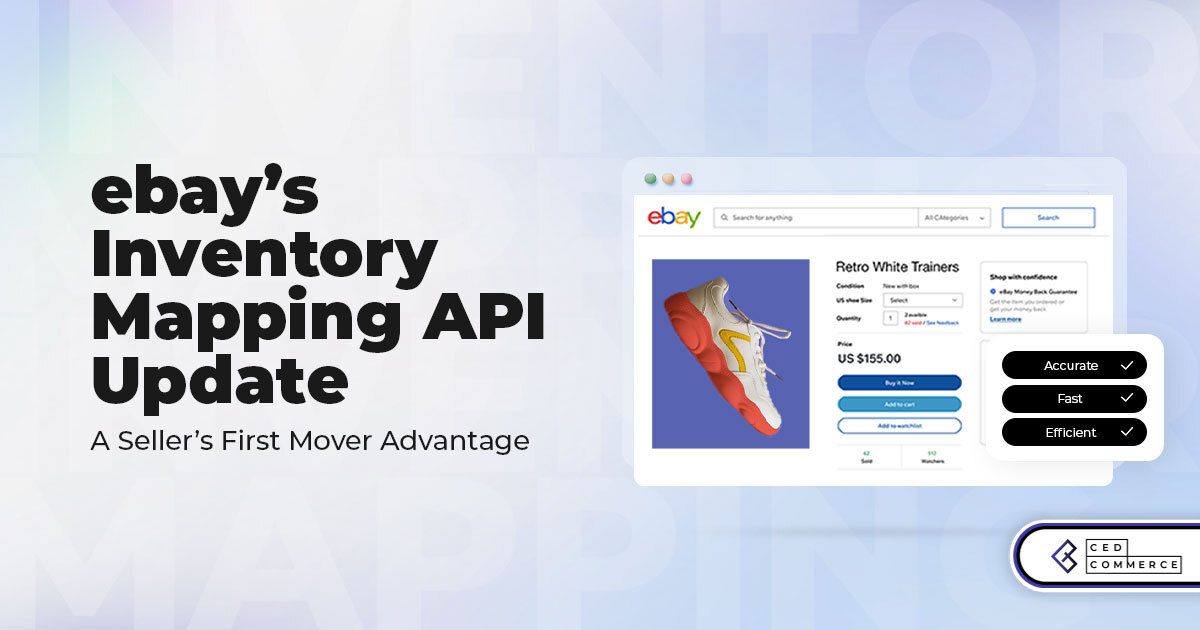
It takes on average 5 to 10 minutes to list a single product on the
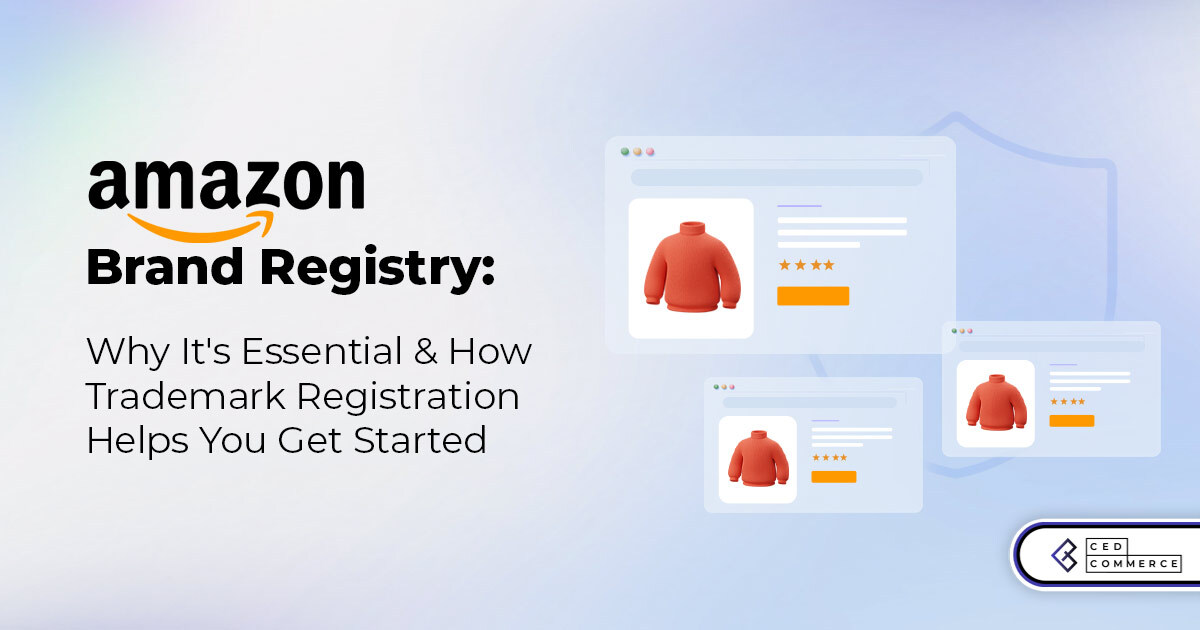
With millions of sellers on Amazon, protecting your brand has never been more important. Counterfeit
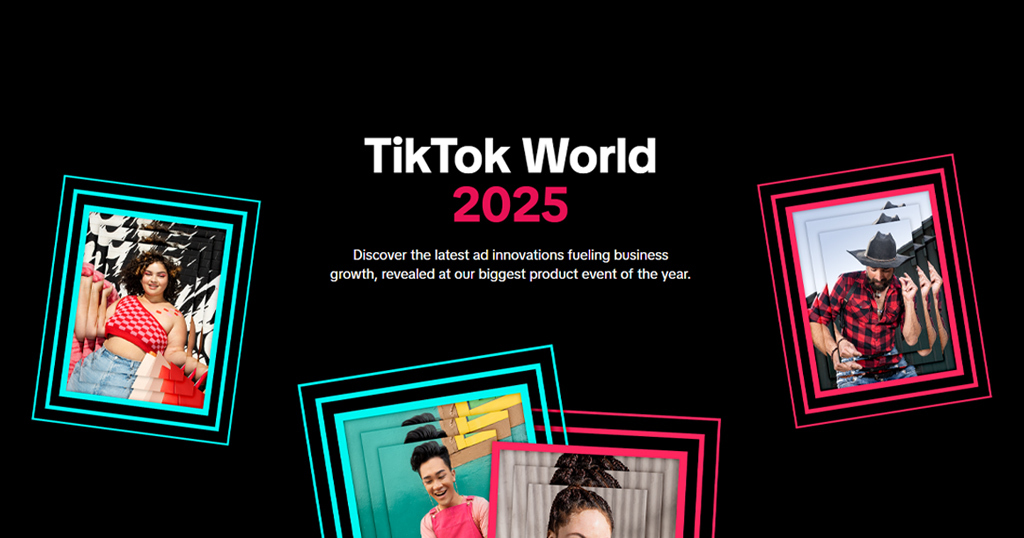
TikTok isn’t just setting trends anymore — it’s rewriting the playbook for performance marketing, creative
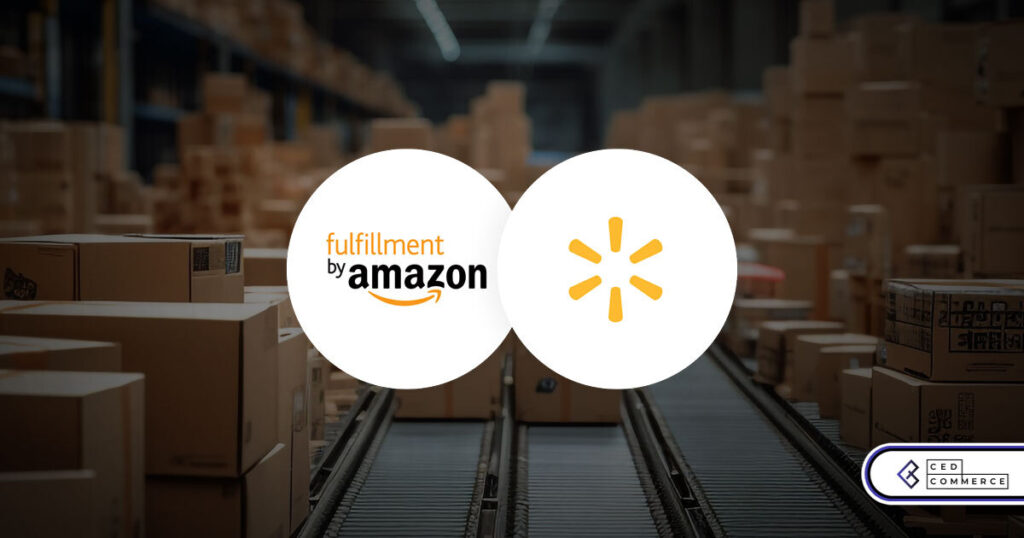
In a significant development for online retailers, Walmart has officially updated its policies to permit
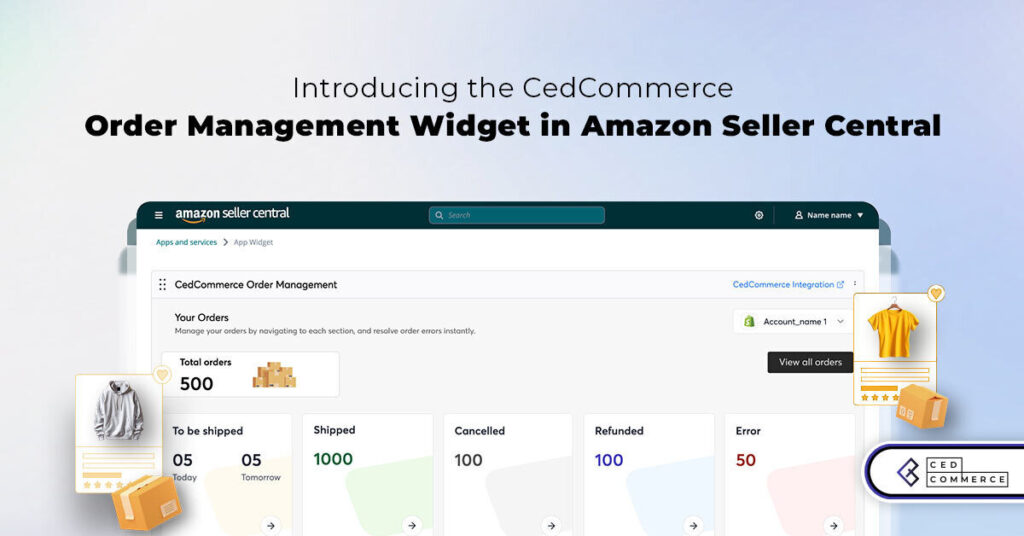
Are you encountering issues with Amazon order management across various sales channels? If so, everyday
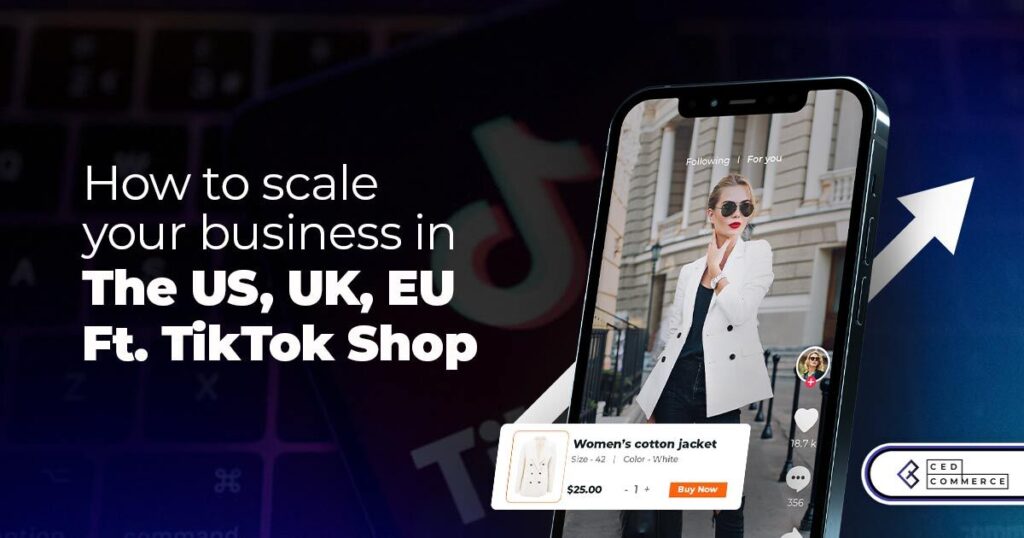
A Deep Dive into Selling Smart on TikTok Shop UK, TikTok Shop US, and TikTok

In a world where cross-border commerce fuels eCommerce growth, tariffs are no longer just policy
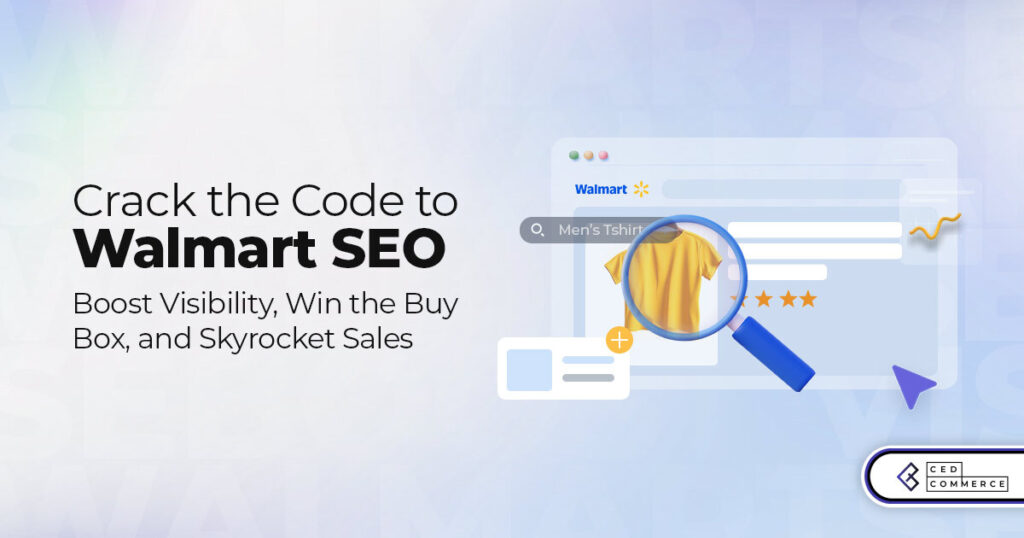
In the world of eCommerce, visibility is everything—and Walmart Marketplace is no exception. With thousands
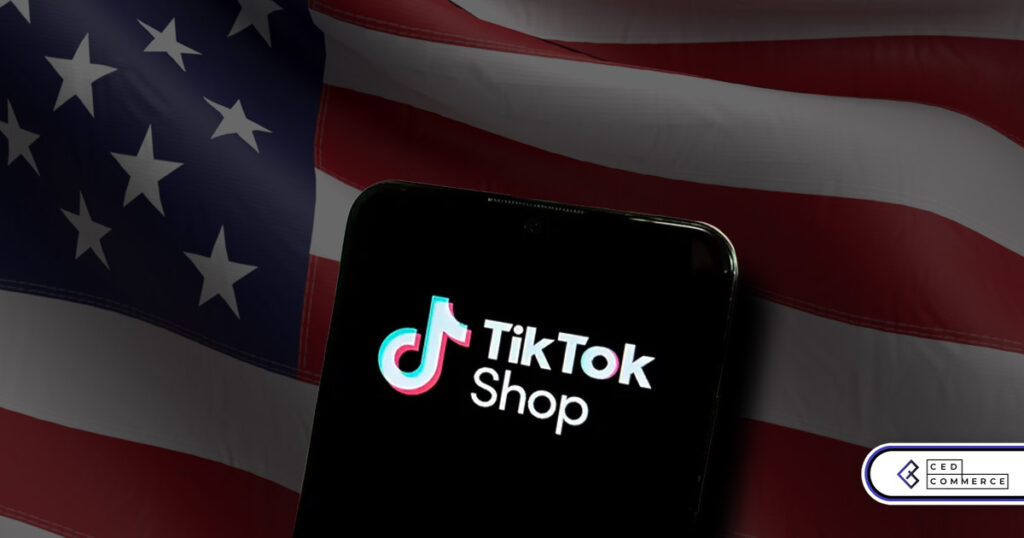
In what comes as a major relief for TikTok and its millions of users in

In a move aimed at enhancing product quality and boosting buyer confidence, TikTok Shop has

Selling on Amazon offers immense opportunities, but one of the most crucial decisions sellers face
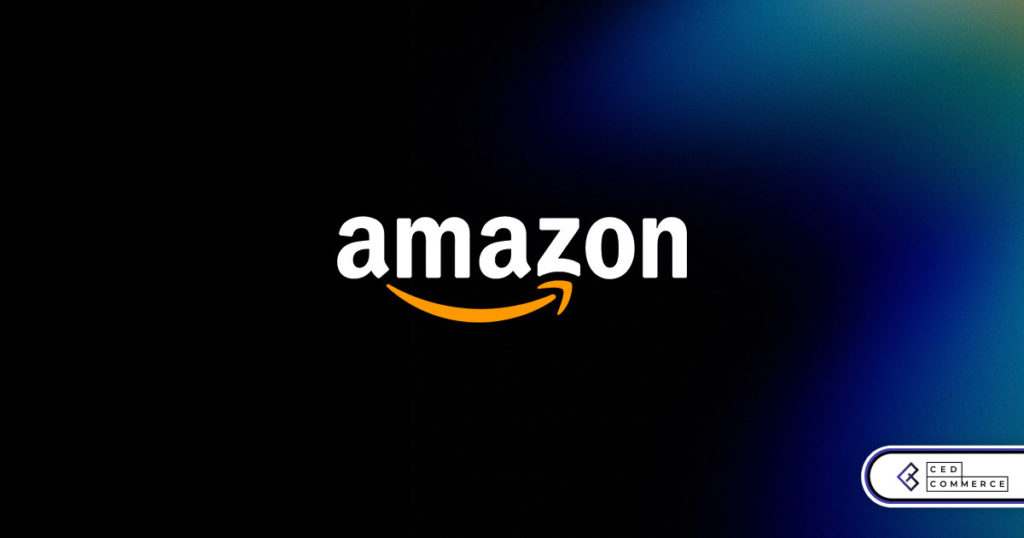
Amazon is doubling down on AI-driven selling tools, introducing a new AI-generated product enrichment pilot
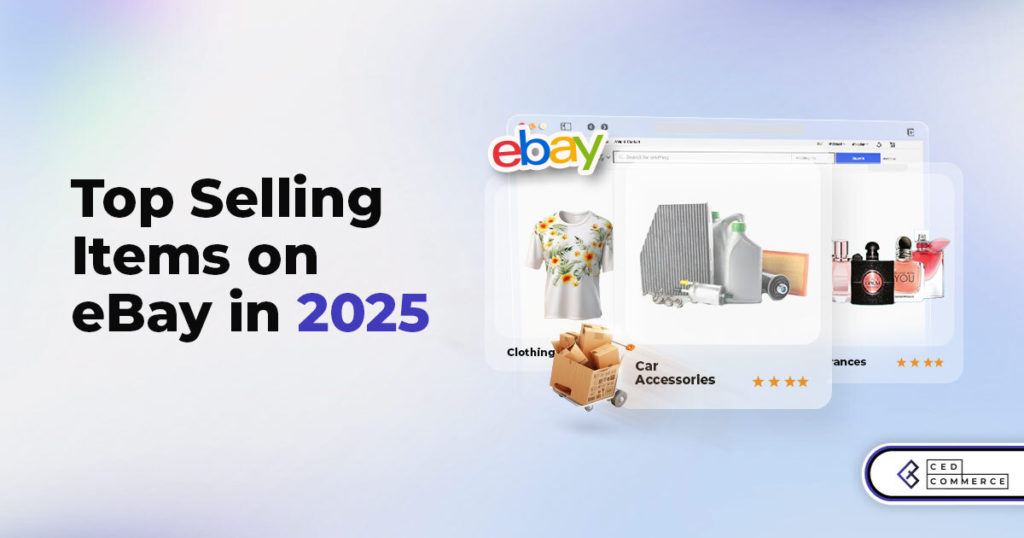
With over 17.6 million sellers on eBay marketplace, cracking the code behind the top selling
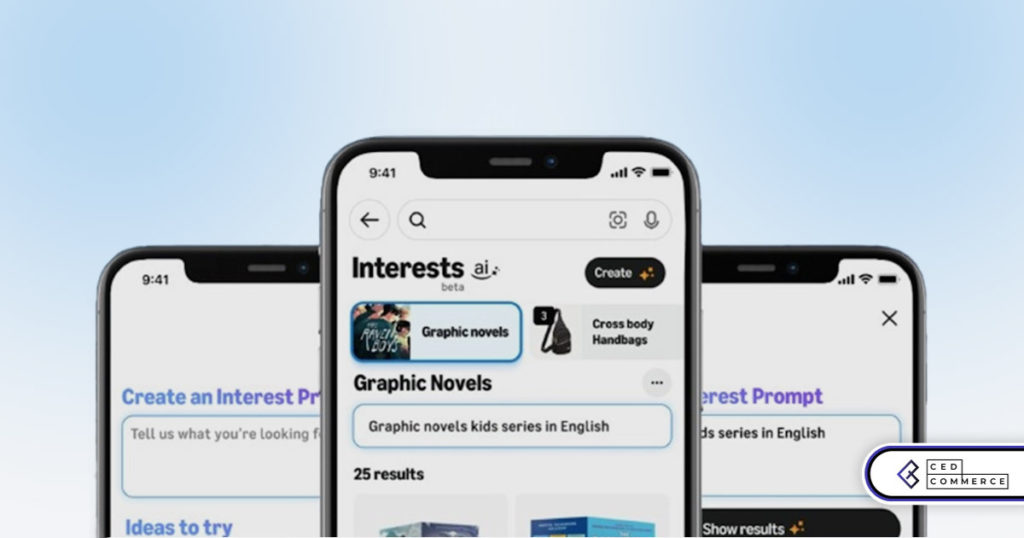
Amazon is doubling down on artificial intelligence, introducing the AI-powered ‘Interests’ feature that automatically finds
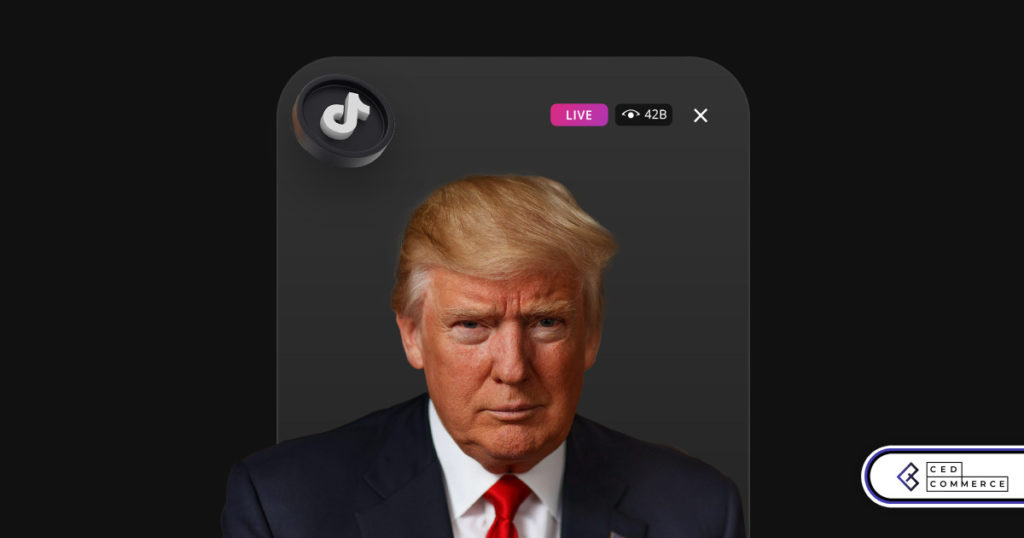
U.S. President Donald Trump has hinted that a TikTok deal is on track before the